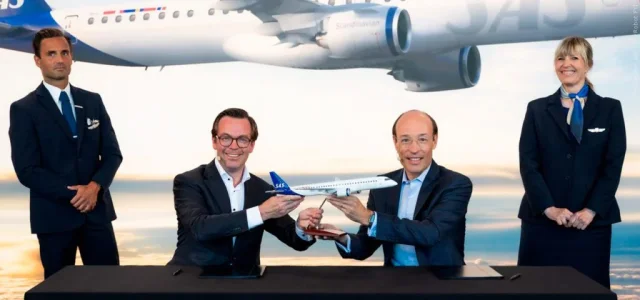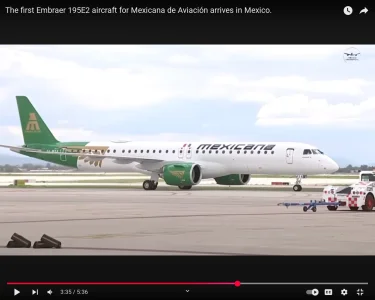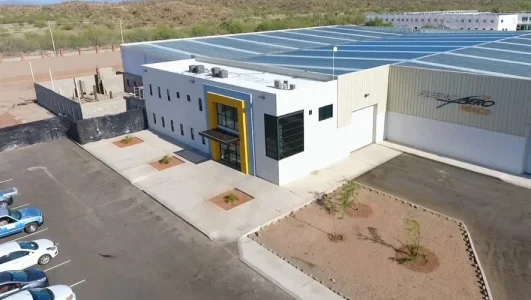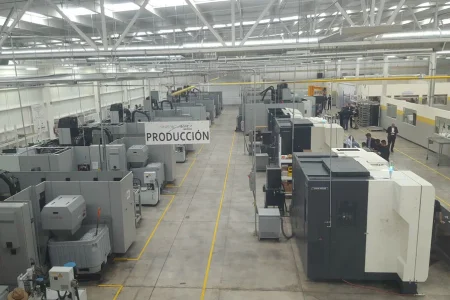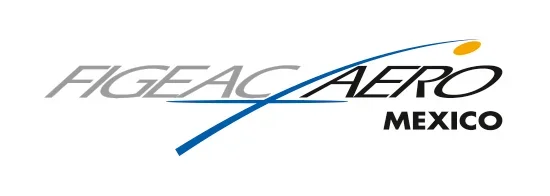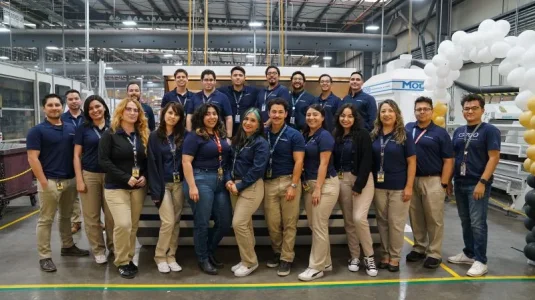- Joined
- Jul 3, 2024
- Messages
- 1,623
- Likes
- 2,219
UTC, Rockwell Collins combine aerospace operations, including four Mexican facilities
United Technologies Corp. (UTC) and Rockwell Collins, Inc. announced that they have reached a definitive agreement under which United Technologies will acquire Rockwell Collins for US$ 140.00 per share, in cash and UTC stock. The purchase price implies a total equity value of US$ 23 billion and a total transaction value of US$ 30 billion, including Rockwell Collins’ net debt.The result of this fusion will be an aerospace giant supplier capable of providing components for jetliners and military planes from tip to tail, according to analysts.
Upon completion of the transaction, Rockwell Collins and UTC Aerospace Systems will be integrated to create a new business unit named Collins Aerospace Systems. Kelly Ortberg, current Rockwell Collins CEO, will assume the role of Chief Executive Officer with Dave Gitlin serving as President and Chief Operating Officer.
Rockwell Collins is a leader in aviation and high-integrity solutions for commercial and military customers and is globally recognized for its leading-edge avionics, flight controls, aircraft interior and data connectivity solutions. On a 2017 pro forma basis, its estimated sales are greater than US$ 8 billion.
The company owns a state-of-the-art facility in Mexicali, Baja California, where it manufactures communications and entertainment systems for commercial airliners and business and regional jets. With more than 100,000 square feet of production and warehouse space, this facility applies Lean principles to cellular production design for optimized workflow, improvement of quality and reduction of inventory.
UTC Aerospace Systems is already one of the world's largest suppliers of technologically advanced aerospace and defense products. The company designs, manufactures and serves systems and components and provide integrated solutions for commercial, regional, business and military aircraft, helicopters and other platforms.
UTC owns two manufacturing sites in Mexico. A production site also in Mexicali, Baja California, which builds different kinds of aero structures, including thrust reversers for the Boeing 787 Dreamliner nacelle system. Reversers for both the Rolls-Royce and General Electric engine variants of the Dreamliner are assembled there.
Also, the company operates in Guaymas, Sonora, a facility of its Engine & Environmental Control Systems division, where it produces blades and vanes for jet turbines.
In addition to these manufacturing sites the company operates a distribution center for commercial aircraft’s wheels and brakes in Mexico City, just outside the International Airport.
Under the terms of the agreement, each Rockwell Collins shareowner will receive US$ 93.33 per share in cash and US$ 46.67 in shares of UTC common stock, subject to a 7.5% collar centered on UTC’s August 22, 2017 closing share price of US$ 115.69.
MexicoNow

UTC, Rockwell Collins combine aerospace operations, including four Mexican facilities - MEXICONOW
United Technologies Corp. (UTC) and Rockwell Collins, Inc. announced that they have reached a definitive agreement under which United Technologies...

